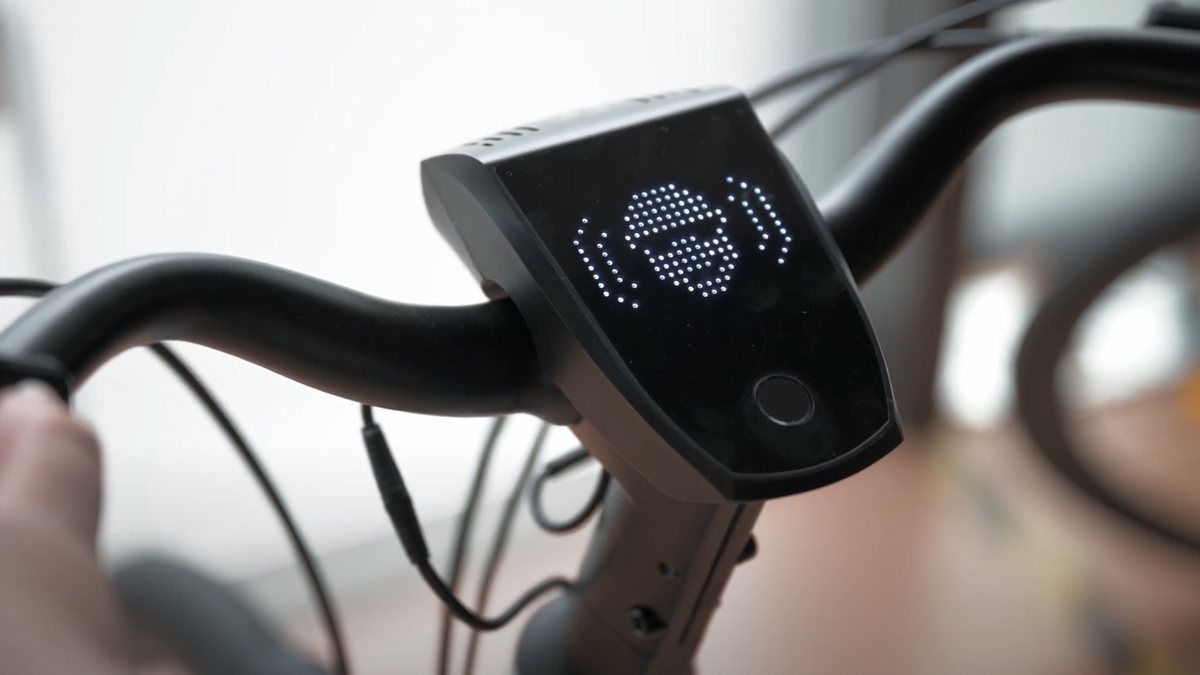AI hype has officially reached “Metaverse” levels of incomprehensibility. Large language models are a wormhole sucking in any and all tech companies looking to promote long-existing products, and now e-bike maker Urtopia is one of the first companies trying to force chatbots on users who are simply trying to travel from A to B.
In a press release, Urtopia shared scant details for its latest smart e-bike features other than that its products were getting access to ChatGPT. This feature would apparently sit alongside existing built-in navigation capabilities and connections to apps like Apple Health and Strava. Gizmodo reached out to the company for clarification, but we did not immediately hear back. Instead, we’re left with many, small questions but only one that actually matters: why?
The company already has released two e-bikes, the Carbon 1 and the more recent Chord. Both bikes also include navigation features and other safety capabilities like GPS tracking. The more expensive Carbon 1 includes “game pad” as well as voice controls, while the Chord only includes the latter.
In a promotional video, Urtopia shows somebody asking what appears to be the Chord bike “who are you?” The bike responds in a grinding, artificial voice “I am an AI language model.” In response to a query about what the point of an e-bike is, the chatbot gives the boilerplate answer for the health benefits of electric bicycles.
Instead of sharing how a chatbot could be useful while ducking and weaving around cars on a crowded street, we’re presented with what is just the start of the new tech hype cycle. At the start of this tech hype cycle, companies have relegated chatbots to boring app applications. Having ChatGPT accessible in an app like Snapchat was derided by the app’s users, but that hasn’t stopped plenty of other applications from trying to integrate AI. Some have done better than others, but nearly all these tech companies try to stave off complaints by calling the chatbot applications a “beta” or “experimental.”
Urtopia isn’t even doing that much. Both bikes already come stock with wifi, Bluetooth, and 4G connectivity, but what remains unclear is if its existing apps are interoperable with the ChatGPT integration. Beyond potentially allowing more natural voice controls for the smart bikes’ screen, the only other use case seems to be asking the chatbot for the kind of boring, noncommittal answers to the same, tired prompts you get from either the browser or app versions.
While this may be one of the first commercial bikes to stuff a modern AI chatbot into its system, it’s not the first vehicle to promise ChatGPT on the go. Earlier this month, Mercedez-Benz announced a new beta program that adds ChatGPT to its cars’ voice assistant. Those cars equipped with the MBUX assistant program can opt to talk to the car and then receive chatbot-based responses channeled through Microsoft Azure OpenAI cloud-based service.
Mercedes-Benz claimed that ChatGPT adds more natural responses to user questions beyond the predefined queries about sports and weather updates. The examples the carmaker gives are asking for details about their destination, or asking the car for a dinner recipe (though knowing what kinds of recipes ChatGPT is likely to generate, we don’t recommend it). So if you get into an argument with other passengers in the car, you could potentially have ChatGPT settle the score, as long as you’re willing to believe it’s not lying to you.
The car company’s chief technology officer Markus Schäfer said the goal is “redefining the relationship with your Mercedes.” Unfortunately, ChatGPT isn’t a great conversationalist. At its best, it’s a capable assistant program. At its worst, it’s an extremely effective liar. As long as the GPS and AI systems are kept functionally separate, then we shouldn’t have to worry about AI sending users careening off a cliff.







